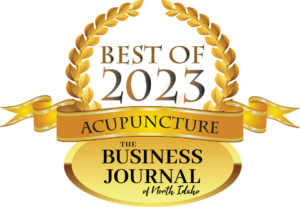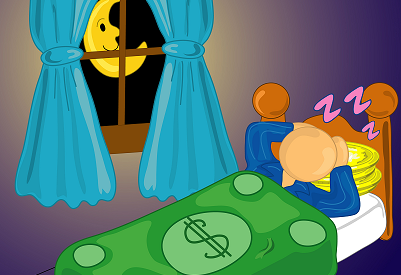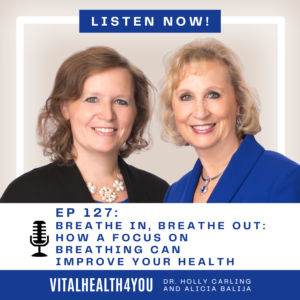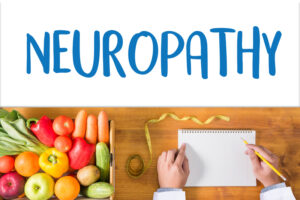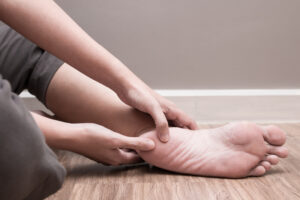Part I
Sleep deprivation over a long period of time can create a profound sleep “debt”. Some researchers believe that we have to make up our sleep debt hour for hour. For every day that we don’t sleep, we fall deeper into debt. Like financial debt, a continual increase in debt can eventually bankrupt us.
Sleep debt can cause or contribute to many illnesses and can delay healing. Sleep deprivation is responsible for an increased risk of motor vehicle accidents, workplace accidents and errors, and has a profound effect on our personal lives. It causes diminished performance – lack of judgement, slower cognition, more errors, improper perception, reduced efficiency, increased irritability and conflicts in our relationships with others.
As the costs of sleep debt are destroying lives, both personally and professionally, we have to find a way to get out of this crisis. Knowing that sleep debt is a problem only helps if you can put in extra sleep time to make up the debt. For the millions of Americans that struggle to get to sleep and stay asleep in the first place, a deeper solution is needed.
The first step in solving the problem is identifying the underlying factor(s) that are causing you to experience sleep deprivation. The most important question you can ask yourself is WHY. Why are you struggling to get to sleep? Why do you wake up repeatedly at night? Why, when you do sleep, do you wake up still feeling exhausted? What is the root cause of the problem? If you are struggling to answer that question, then you need to seek out the services of a health care practitioner skilled in doing the investigative work necessary to find the answer. At Vital Health, I have developed a highly effective evaluation process, the Complete Bio-Functional Analysis, that allows me to identify the underlying causes and develop a plan to resolve them. When you are able to identify the causative factor(s), you then have the power to find a solution to the problem.
The reasons for sleep problems are varied. They can be caused by an imbalance in hormones, an imbalance in the way the body manages blood sugar, nutrient deficiencies or a health disease that effects sleep. Restless leg syndrome, gastro-esophageal reflux disease, heart palpitations and hot flashes are common health conditions or symptoms effecting sleep. Other things to consider are medication side-effects, the sleep environment, emotional trends, foods and liquids consumed, stimulants, sleep hours and other factors.
If one of these (or other) condition prevents you from sleeping, you need to get the condition healed, not just medically managed. The benefit of handling the condition responsible for limiting sleep, is that not only will the condition be better, but the side effect will be sleeping well and the opportunity to get out of sleep debt.
Part II
In Part I of Getting out of Sleep Debt we discussed some of the problems with sleep deprivation, likening it to financial debt – too much uncontrolled debt can eventually lead to bankruptcy! In the case of a health bankruptcy or crisis, learning what to do, and not do that leads you down that spiral is the first step in getting a foothold on that slippery slope.
While there are many things that contribute to an inability to sleep, understanding what we have control of gives us some initial tools to help us get a handle on our sleep. First of all, there’s 2 main issues – one is not being able to fall asleep, the second is not being able to stay asleep.
If you are unable to fall asleep, it is usually due to either an excess of something, or deficiency of something. Excesses include consumption of sugar, coffee, alcohol (even though alcohol is a sedative, for many it does interfere with sleep). The more you consume of these things the more likely you are to have issues with your sleep. Even medications can keep you awake.
Deficiencies would include mineral deficiencies – the brain, for instance, requires minerals to shift from sympathetic dominance, which is the active mode of the brain, into parasympathetic dominance which is the quiet functions of the brain. Deficiencies in calcium can contribute to sleep disorders and things such as leg cramps that can keep you awake at night. Other deficiencies could include the fats necessary to the manufacture of sleep hormones; you can have a deficiency in your digestive enzymes, creating digestive stress that can keep you awake; and health challenges such as pain and itching that are distractive and can keep you awake.
When you awake at night for no reason (this is different than being awakened because of a noise, because of an animal or because of snoring), it is generally because of a blood sugar imbalance. There are certain measures that you can do to help your blood sugar in the middle of the night, so that you fall asleep easily and stay asleep and hopefully even have good blood sugars when you wake up in the morning.
For each of these problems discussed, there’s a myriad of enzymes, herbs, dietary changes and other such things that can be done to help with proper sleep. If you are having a difficult time with sleep, acupuncture may be the vital key that you need to help you. Acupuncture works on the systems that both help you fall asleep and to stay asleep. By correcting the underlying problem – digestive insufficiency, pain, blood sugar imbalances, anxiety, stress, pure exhaustion – acupuncture can prove to be your new best friend! It is important when you pursue acupuncture to make sure that you have somebody who is an investigator – someone who will dig deep to find out why you are not sleeping in the 1st place, and not just treat the symptoms.
©2019 Holly A. Carling, O.M.D., L.Ac., Ph.D.

